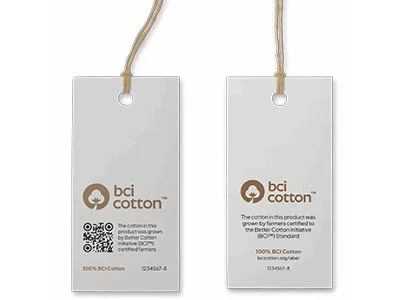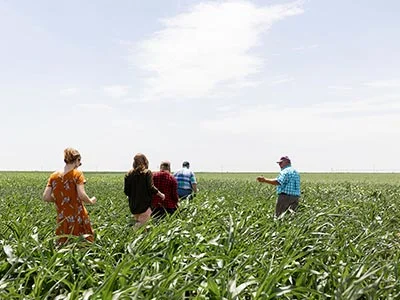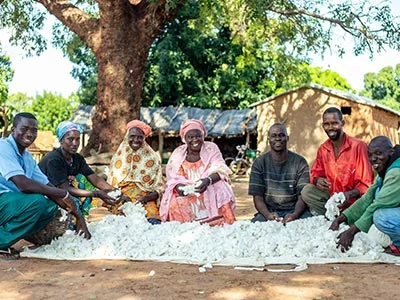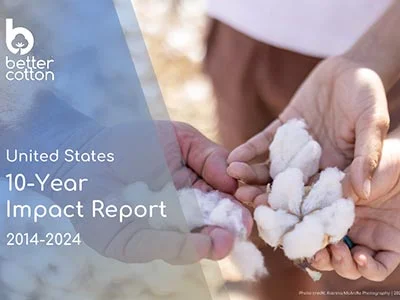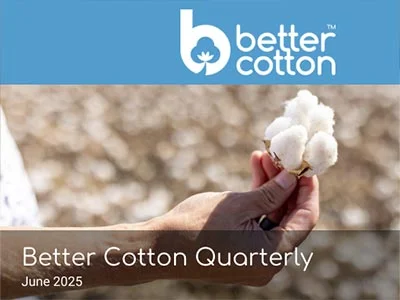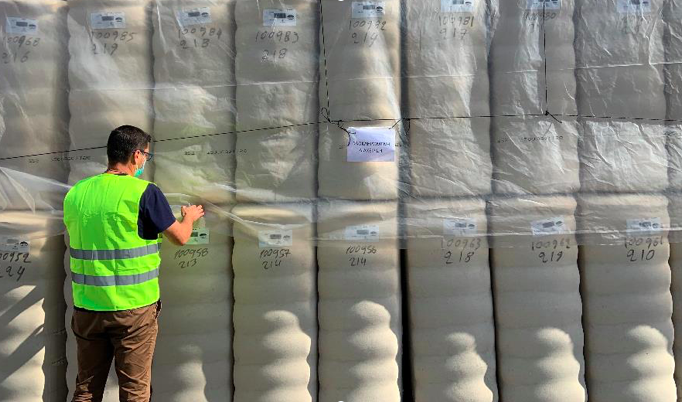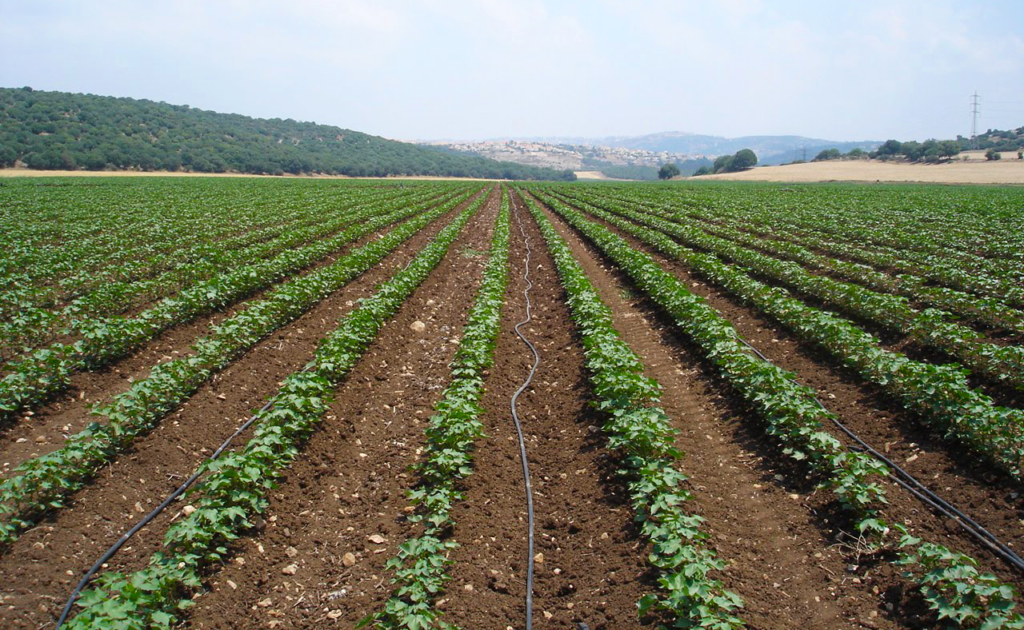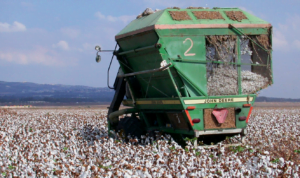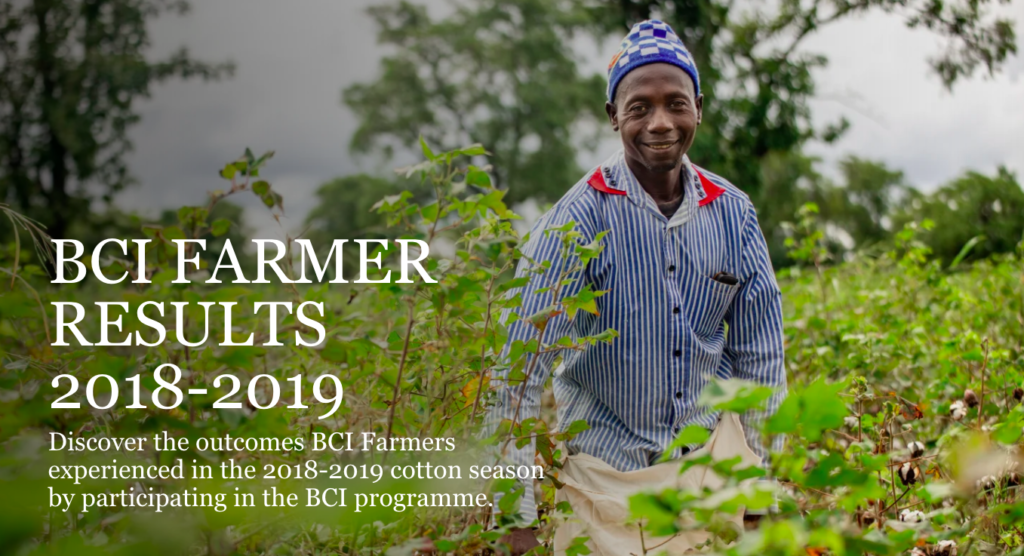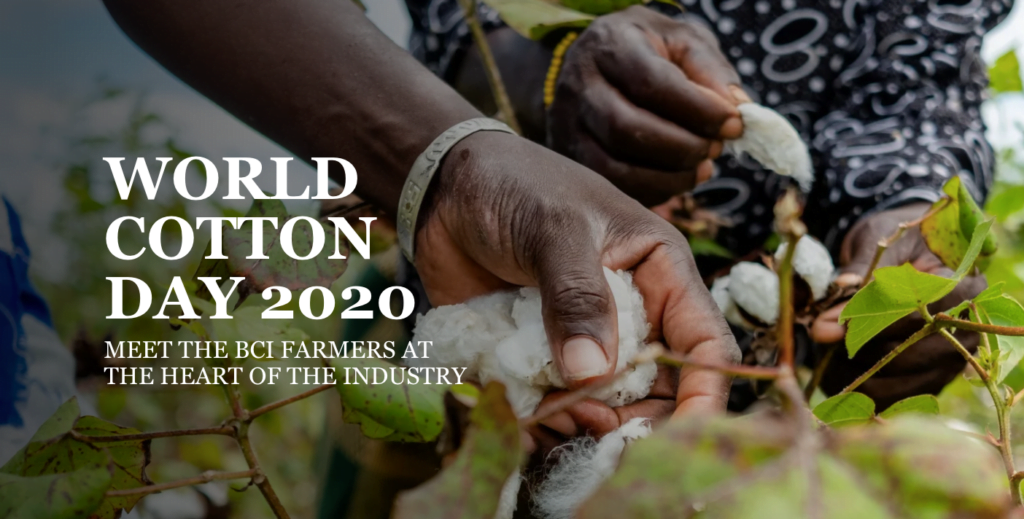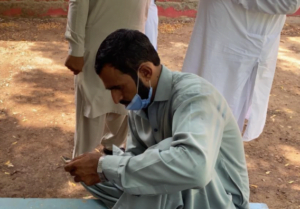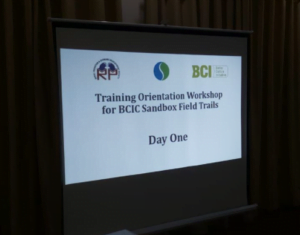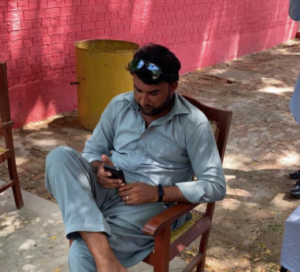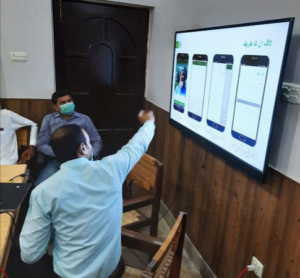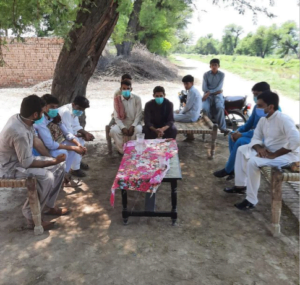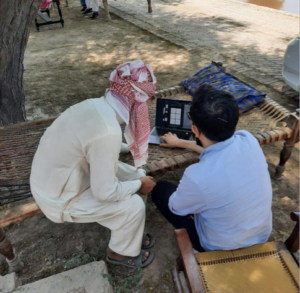Exploring Traceability – What We’re Doing to Make Better Cotton Traceable
This is an old news post – to read the latest about Better Cotton traceability, please click here.
The Better Cotton Initiative was founded with a clear vision of making sustainable practices in cotton production the norm around the world. To make such a big impact, scaling our programme quickly was key. With that in mind, we created a Chain of Custody (CoC) framework that incorporates the concept of ”mass balance” – a widely-used volume-tracking system that allows Better Cotton to be substituted or mixed with conventional cotton provided equivalent volumes are sourced as Better Cotton.
Today, BCI is the largest cotton sustainability programme in the world, with more than 10,000 supply chain actors using our Better Cotton Platform. Mass balance has enabled the rapid growth of the amount of cotton sourced as Better Cotton while at the same time facilitating farmers to implement better practices to produce more sustainably. But as our world progresses, we recognise that it is time to explore going beyond this mass balance CoC model to offer full traceability and even more value to Better Cotton farmers and companies.
The Rising Demand for Traceability
What exactly do we mean by “traceability’? While there are many different models for implementation and use, essentially the principle is in the name – the “ability to trace’ something. In our case, cotton. For Better Cotton, this means that, at minimum, we seek to determine the region in which the seed cotton was produced and identify the businesses involved in its transformation to a finished good.
This has never been as important as it is now. As legislation requiring businesses to demonstrate knowledge of their supply chains is becoming more common around the world, companies are not only being asked to know more about the origins of their materials but also about the conditions under which they are produced. Increasing media and academic attention on geopolitical issues, including the treatment of Uyghur Muslims in the Xinjiang area of China, has further demonstrated that production location and sustainability are crucially interlinked.
Given this quickly changing operating environment, retailers and brands need to integrate both sustainability and traceability into their standard business practices. BCI already offers companies a powerful way to support sustainable agricultural practices and farmers’ livelihoods, and now we are focusing our attention on making cotton supply chains more traceable as well.
Benefits of Traceability
Up until now, the costs versus benefits of developing a traceability system for Better Cotton have prevented this work, but as the scales tip in the other direction, we are uniquely well-positioned to implement a global traceability system to meet member needs and support us in achieving our mission.
This is due to the shifting in significance of the benefits offered by traceability, which in all three main areas are increasing at every level of the supply chain:
- Efficiency: contributions in stakeholder reporting, inventory and merchandise management, strategic sourcing enablement, process control and data management
- Risk management: contributions in regulatory compliance, impact monitoring, contingency planning, forecasting
- Innovation: contributions in consumer engagement, circular economy and resale, collaboration, process automation and improvement, community of practice and learning, market insight
Greater visibility of supply chains also means that retailers and brands can take greater responsibility and work to address any problems they may find, such as forced labour, poor agricultural practices and more.
Challenges to Implementing Traceability
Implementing traceability is no easy feat. It’s not simply a matter of adding on to existing processes – though we can use the existing participation from members on the Better Cotton Platform as a springboard, developing full traceability will require substantial investment, especially as we work to move quickly on these developments.
Main Challenges
- Additional resources: This includes, for supply chain actors, the expense of developing internal control systems, potential cost implications from limited supply when many companies request traceable cotton at the same time, and significant associated resource requirements for BCI. A higher level of supply chain assurance also comes at a cost, as verifying the exact origins of a garment requires many more checks and controls.
- Sourcing and intellectual property concerns: Creating just the right yarn and fabric blends often requires sourcing from several countries of origin – making the idea of “tracing back to the farm’, and it being just one farm, or even country, very unlikely. Concerns about protecting intellectual property add another layer of complexity.
- Alignment with existing traceability systems: Many companies and other initiatives have begun developing their own traceability systems. The system we develop will need to align and eventually interface with existing traceability systems, from companies, for different technology solutions and country of origin programmes, which will require a great deal of collaboration and coordination.
- Full member support: Last, but certainly not least, we need to ensure support from all categories of BCI members to move ahead with our traceability plans.
What We’re Doing Now
In July 2020 we had the first meeting of our newly formed multi-stakeholder Chain of Custody Advisory Group, and have begun getting input on priority requirements and key questions. We are also in the process of seeking funding for the first phase and this week have launched the recruitment for additional staff resources to deliver this work.
With the benefits and challenges of creating a Better Cotton traceability system clear, we have developed a high-level plan for moving forward in four distinct phases:
- Set up and planning
- Development and piloting
- Stakeholder engagement and roll-out
- Monitoring compliance and maintaining performance
With the right funding and resources, we anticipate a solution could be ready as early as 2022, following piloting in late 2021.
As we dive into the first phase of planning, we are consulting with additional members and stakeholders to identify solution requirements, including key data elements, interfaces, operating models, funding arrangements and governance structures. We are also making a detailed budget and project plan. Based on stakeholder feedback, available funding and the likelihood of long-term success, we will then determine what course of action we will take, with the knowledge that we have explored the options in partnership with our members.
Join Us as We Build on Mass Balance to Deliver More Value
While we are working on this new, traceable CoC model, it’s important to note that we are not getting rid of our current mass balance system altogether. Mass balance has an important role to play in achieving scale in sustainability for companies and farmers across the globe. We simply want to build upon this foundation to offer our retailer and brand members greater visibility of their whole supply chain, for those that want it, which ultimately brings us closer to our vision of making sustainability in cotton the norm.
Now is the time to start this work. We will be surveying members and other stakeholders in the new year – please look out for these invitations and share your input. We are also starting recruitment this week to support this work – keep an eye on the Jobs at BCI page.
Read more





